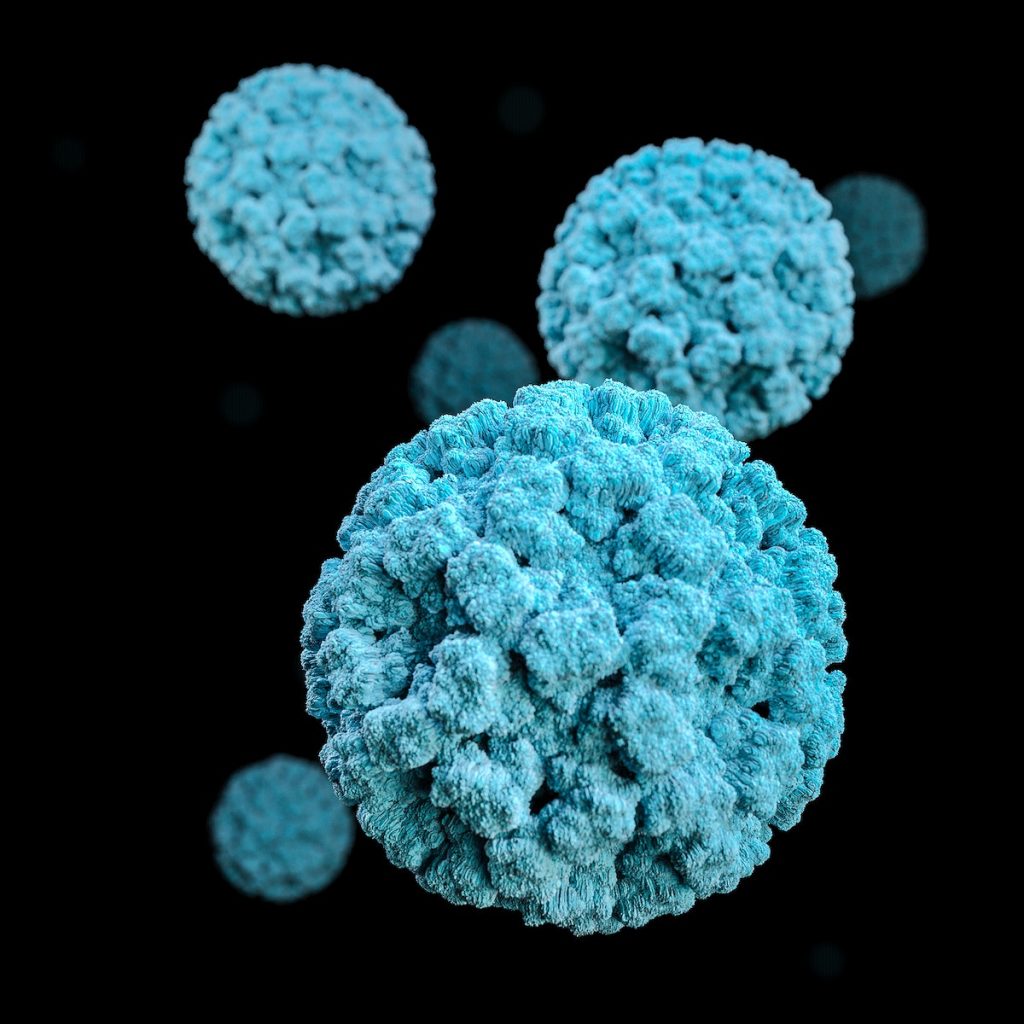Norovirus Infection is one of the most common causes of viral gastroenteritis (diarrhea and vomiting illness) in humans. It’s a contagious virus that affects millions of people each year and can lead to severe illness, hospitalization, and even death. Fortunately, there are treatments available for norovirus that can help reduce symptoms and speed up recovery time. In this article, we’ll explore what these treatments are and how they work to combat the virus. We’ll also look at some natural remedies that might be useful in treating norovirus infections. Read on to find out more about how you can treat your own norovirus infection effectively.
Norovirus Infection: 5 Symptoms and Treatment
Norovirus, also known as the stomach flu, is a highly contagious virus that causes vomiting and diarrhea. The main symptom of norovirus is severe gastrointestinal distress, which can lead to dehydration if left untreated. The best way to treat norovirus is to drink plenty of fluids and rest until the symptoms pass. In severe cases, hospitalization may be necessary to rehydrate with IV fluids. There is no specific cure for norovirus, but most people recover within a few days.
Where is Norovirus found?
Norovirus is found in all parts of the world and affects people of all ages. It is found in the feces and vomit of infected people. The virus can also be spread through contact with an infected person, such as by sharing food or utensils, or through close contact, such as hugging or kissing. In some cases, the virus can be spread through the air, such as when an infected person coughs or sneezes.
What is Norovirus caused by?
Norovirus infection is a highly contagious virus that causes severe stomach flu-like symptoms. It is most often spread through contaminated food or water, close contact with someone who is infected, or touching surfaces that have been contaminated with the virus. The virus can also be spread through the air, and it can live on surfaces for days or weeks. There is no specific treatment for norovirus. It usually resolves on its own within a few days.
However, the virus can be dangerous for young children, elderly adults, and people with weakened immune systems. If you think you may have norovirus, it is important to drink plenty of fluids and get rest. You should also avoid contact with other people as much as possible to prevent spreading the virus.
What are the first signs of Norovirus?
Norovirus is a highly contagious virus that causes vomiting and diarrhea. The first signs of norovirus infection are usually nausea, vomiting, and watery diarrhea. Norovirus symptoms can last for one to three days. Norovirus is most commonly spread through contaminated food or water, or by contact with an infected person. Treatment for norovirus is typically supportive, and includes drinking plenty of fluids to prevent dehydration. Antibiotics are not effective against norovirus.
How long is Norovirus contagious?
Norovirus infection is a highly contagious virus that can cause vomiting and diarrhea. It is usually spread through contaminated food or water, contact with an infected person, or contact with contaminated surfaces. The virus can also be spread through the air, especially in close quarters such as hospitals, nursing homes, and daycare centers. Norovirus is most commonly spread during the winter months.
Most people with norovirus illness recover within one to three days. However, the virus can stay in your system for up to two weeks and be passed to others during that time. Therefore, it is important to practice good hygiene and avoid contact with others if you have norovirus.
How do you get rid of Norovirus?
Norovirus is a highly contagious virus that causes severe vomiting and diarrhea. There is no specific treatment to cure norovirus, and it usually resolves on its own within a few days. However, there are some things you can do to ease your symptoms and help prevent the spread of the virus.
Drink plenty of fluids to prevent dehydration. Drink clear liquids like water, clear broths, frozen water or ice pops, or sports drinks (such as Gatorade). Avoid dairy products, caffeine, and alcohol.
Eat when you feel up to it. Stick to bland, easy-to-digest foods like saltine crackers, bananas, rice, applesauce, dry toast, oatmeal, chicken noodle soup, and peas. Avoid fatty foods, dairy products, citrus fruits, and anything else that might make your symptoms worse.
Get rest and stay calm. Stress can make symptoms worse. Try to get as much sleep as possible and take it easy when you can.
